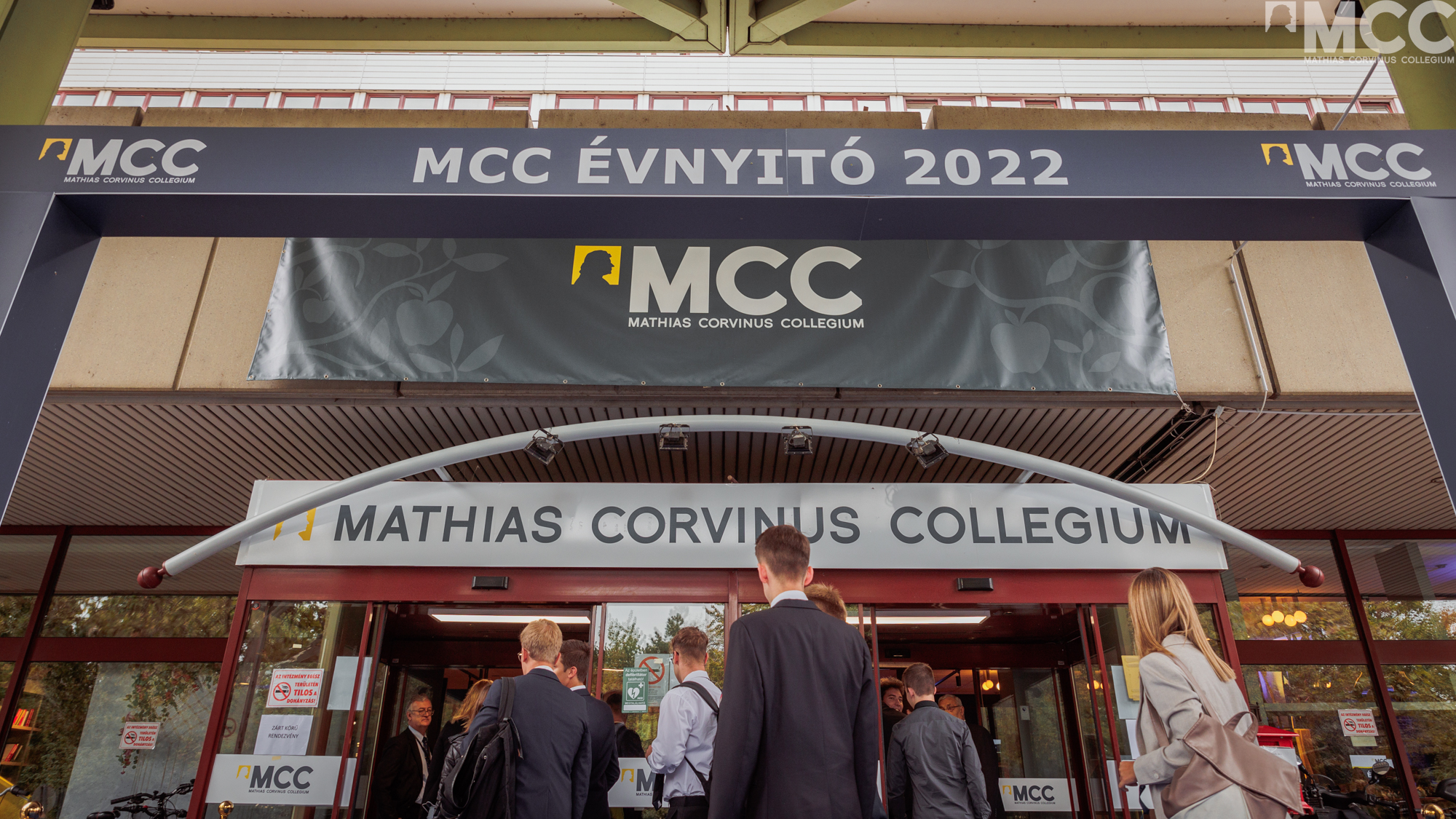
The new center will host conferences and book launches.Continue reading

Leading Hungarian knowledge center and talent institution Mathias Corvinus Collegium (MCC) launched a new think tank called MCC Brussels in the Belgian capital on Tuesday.
According to the statement sent to Hungary Today, MCC Brussels “promises to be a new forum for European debate and to shake up the discussion on the big issues that face the continent.”
The forum comes at a time of unprecedented political polarization, promoting discussion on relevant public issues and providing a home for genuine policy deliberations,”
it read.
The new think tank “will offer a challenging and stimulating environment for visiting young students to acquaint themselves with Brussels’ policy and decision-making processes. It will provide short educational courses and seminars on matters pertaining to European thought and European Union policymaking with the goal of teaching students how to think rather than what to think.”
The inaugural event to launch will be a mini-conference entitled “Towards European Renewal” on November 15. The list of speakers includes Nigel Biggar, Regius Professor of Moral and Pastoral Theology at the University of Oxford, Thomas Fazi, leading Italian political economist and author, Monika Gabriela Bartoszewicz, Polish Academic and Associate Professor at the Arctic University of Norway, and the founding team for MCC Brussels.
MCC Brussels is headed by Executive Director Frank Furedi, Hungarian-Canadian academic and emeritus professor of sociology at the University of Kent. The think tank’s research director is German political scientist Professor. Dr. Werner J. Patzelt, founder of the Department of Political Science at the Dresden University of Technology.
As Politico puts it, MCC Brussels is “set to disrupt the Brussels chin-stroking scene when it launches this month — provoking a fierce backlash from detractors back home.” “The center — backed by Hungary’s right-wing, EU-confrontational government — will shake up a think tank ecosystem in Brussels currently dominated by largely homogeneous, pro-European thought,” the news portal added.
My concern isn’t simply the need to resolve the confusion surrounding Hungary’s political orientation, however. It is also to bring together those who are worried about Europe’s increasingly polarized cultural landscape,”
Furedi writes in an op-ed published in Politico. “In this beautiful city, groaning under the weight of political complacency and bureaucracy, we are here to provide an alternative — to take ideas seriously and to gently expose those who don’t,” he concluded.
Featured photo via Pixabay